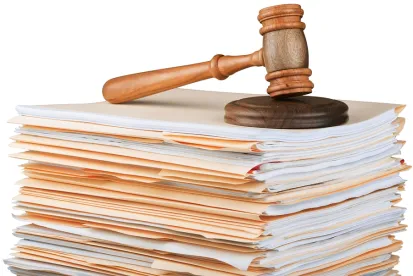In the aftermath of the Supreme Court’s 2016 Escobar decision, the majority of litigation concerning that decision’s impact has concerned the issue of materiality. While the materiality predicate to False Claims Act (FCA) liability announced in Escobar has certainly assumed top billing, another aspect of the Supreme Court’s decision is increasingly getting attention: that is, whether the two-part test for applicability of the implied certification theory of FCA liability is mandatory.
In Escobar, the Supreme Court held that the implied certification theory “can be a basis for liability, at least where two conditions are satisfied: first, the claim does not merely request payment, but also makes specific representations about the goods or services provided; and second, the defendant’s failure to disclose noncompliance with material statutory, regulatory or contractual provisions makes those representations misleading half-truths.”
Since this pronouncement, lower courts have grappled with whether all implied certification FCA cases must satisfy this two-part test, or whether the Supreme Court simply intended to describe a non-exhaustive set of factors that could give rise to an implied certification claim. This is important, in part, because not all claims for payment submitted to government payors actually describe or make representations about the goods or services provided, thus failing part one of the test.
In prior cases, such as the one we reported on here, panels of the Ninth Circuit Court of Appeals have held that the two-part test is mandatory. A Ninth Circuit panel reaffirmed this holding on August 24, 2018, albeit with a total lack of enthusiasm. In United States ex rel. Rose v. Stephens Institute, the court stated that “while the [Supreme] Court did not state that its two conditions were the only way to establish liability under an implied false certification theory,” the panel was “bound by [prior] three-judge panel of this court” interpreting Escobar. The Rose court went on to suggest that the Ninth Circuit hearing the case en banc might decide the issue differently. (No petition for rehearing en banc has yet been filed in Rose; any such petition is not due until October 9, because of an extension of time for filing).
The skepticism about the mandatory nature of the Escobar two-part test expressed by the Ninth Circuit panel in Rose is unwarranted. First, the Supreme Court granted certiorari in Escobar for the very purpose of resolving whether the implied certification theory of FCA liability is viable and if so, to what extent. The notion that the Supreme Court would then have laid out two “conditions” for implied certification liability, labeled them “conditions,” but not have actually meant them to be “conditions,” makes little sense.
While some advocates for the contrary view (including the government) have grasped onto the phrase “at least” in the Supreme Court’s opinion to suggest that the “conditions” are instead non-exhaustive “examples” of situations where implied certification claims may proceed, such reasoning is flawed: the use of the term “at least” conveys that the two conditions are the minimum necessary components of a viable implied certification claim. This point is underscored when the phrase “at least” is used in a (somewhat) more conventional sentence. For example, if a person says, “I like skydiving, at least when I’m wearing a parachute,” one would not conclude that there are situations in which the person would entertain skydiving without a parachute.
We will have to wait and see what happens if the Ninth Circuit has occasion to address the Escobar two-part test en banc.





 />i
/>i
